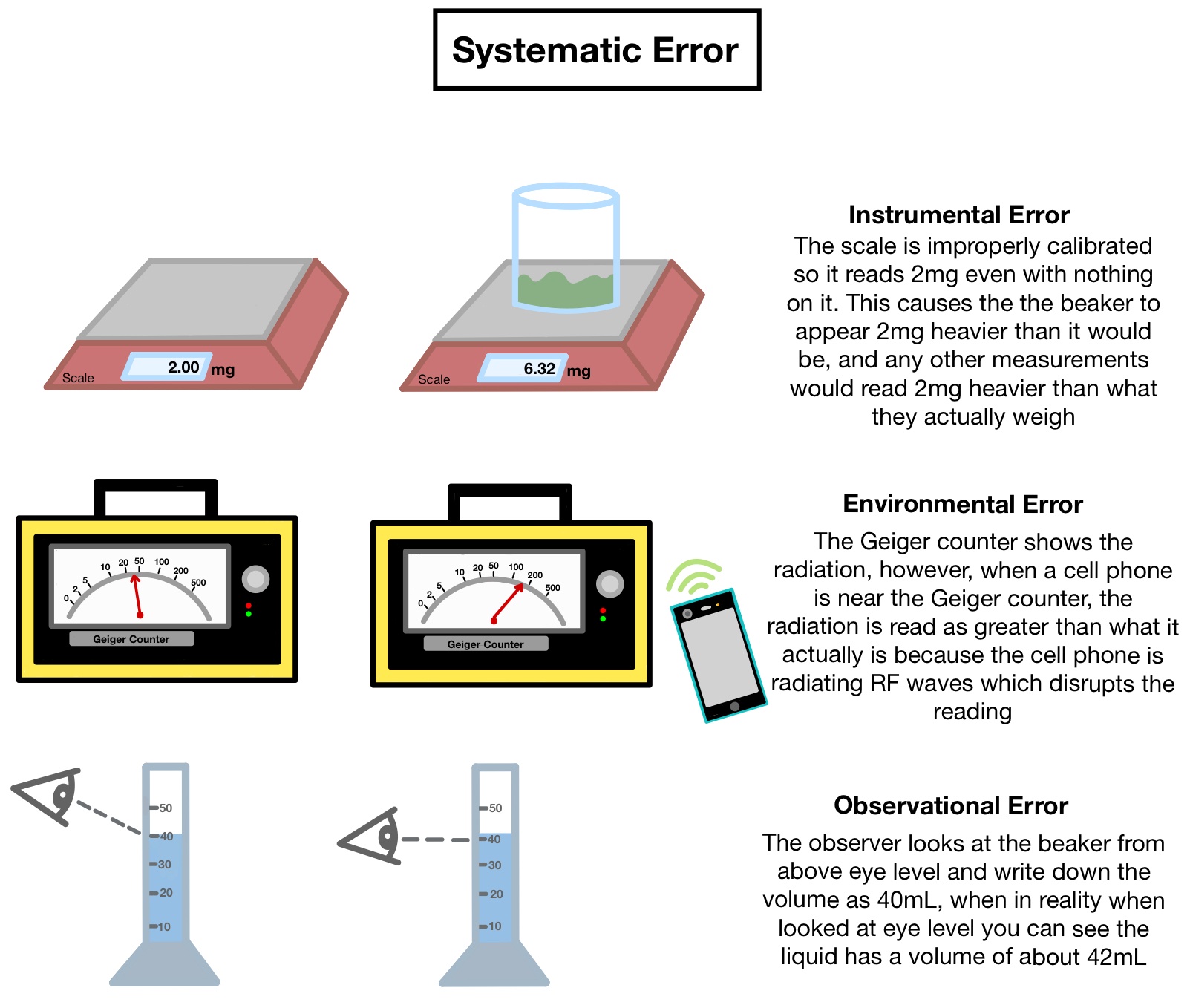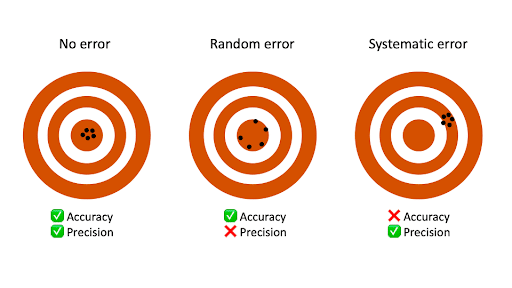Table of Contents
Approved
Here are some easy-to-use methods that can help solve the problem of examples of bias in psychology. An error in which some of the data values obtained from the exercise deviate from the true mass values by a fixed amount. For example, a balance that regularly reads 0.5g below the actual weight will have a bias.
An error in which data values derived from a sample deviate from the correct values in the population by a specified amount. As a model, a scale that consistently reads blood pressure 0.5 g lower than a serious weight will have a characteristic error.

Systematic facts mainly affect the accuracy of the measurement. Typical causes of systematic errors are observational errors, imperfect instrument calibration, and general perturbations. For example: if you forget what can tare or zero the balance, the block measurements will always “deviate” by the same amount.
What Is A Systematic Therapeutic Error? – Related Questions
One possible error is bias, also called bias, because errors and misunderstandings are repeated and always skew statistics in one direction. A common approach to identifying scientific errors is to use control samples in the Method Comparison method.
Approved
The ASR Pro repair tool is the solution for a Windows PC that's running slowly, has registry issues, or is infected with malware. This powerful and easy-to-use tool can quickly diagnose and fix your PC, increasing performance, optimizing memory, and improving security in the process. Don't suffer from a sluggish computer any longer - try ASR Pro today!

Systematic And Random Errors Systematic Errors Are Measurement Deviations In One Direction That Result In Reference Values consistently Above And Below The True Value. All Measurements Are Subject To Systematic Obstacles, Often Of Various Kinds. Causes Of Systematic Errors Can Be Imperfect Standardization Of Measuring Instruments, Changes In The Specific Environment That Disrupt The Measurement Process, Imperfect Protocols Or Their Adherence. An ExampleIntrinsic Measurement Error Is When A Method Requires A Specific Measurement Range And Follows A Different Standard Protocol, Resulting In Consistently Higher Or Lower Results. Systematic Errors Could Be Reduced If Most Devices Were Properly Calibrated And Carefully Measured Using Standardized Protocols.
Systematic errors can always be found in the same direction (for example, always 50 g, 1% or 95 mm more or less). In contrast, random errors produce different kinds of values in random directions. For example, you weigh yourself on a scale and you get 148 pounds, 153 pounds, and 132 pounds.
Examples Of Systematic And Random Errors
When studying “For Weight Loss” in At the end of the research project, the researchers found that the scales used to measure participants’ weights were inaccurate. The scale added 10 pounds to a person’s actual weight each time it was used. Because the researcher found that the scale constantly added ten pounds to the weight of each participant, he corrected for this deviation when analyzing the results.
When we measure one or collect information, there are various reasons why our results may not be correct. The most obvious reason is that we could have just made your mistake by writing something. This type of error is how most people usually think of errors. However, there are other types of problems that we may not see unless we knew we had to look for them ourselves. These errors are not errors in the sense that we useThey called something wrong. These kinds of misunderstandings can affect the reliability or consistency of what we do, but mostly because of things we have no control over.
What are experimental errors?
What what are systematic errors in an experiment?
h2>Systematic dilemmas are errors that affect the details of a measurement. Systematic errors lead toThis means that the readings deviate from the ideal value by a constant amount with each measurement, so all readings deviate in one fairly probable direction from the true value.

Random errors (also called random errors, network noise, or random variations) have a simple structure. Within a minute, your readings may be too low. The next company may be too big. You cannot predict random errors and such slippage is usually unavoidable.





